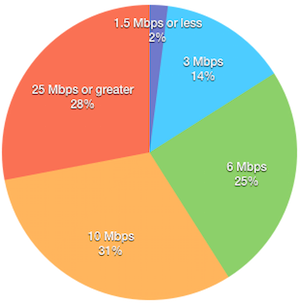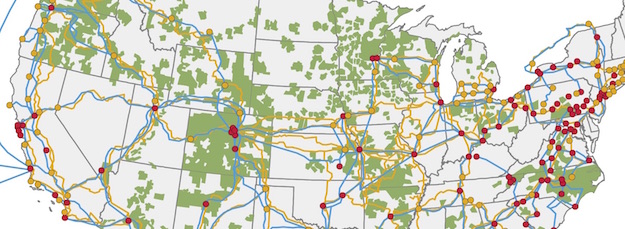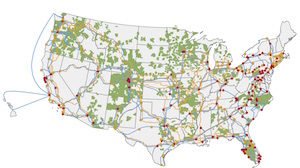Don't make U.S. telecoms market failure worse, says The Economist
![By Marco Verch (Freiheitsstatue) [CC BY 2.0 (https://creativecommons.org/licenses/by/2.0)], via Wikimedia Commons](https://www.tellusventure.com/images/2016/11/statue_of_liberty.jpg)
Land of the rent-seekers and home of high prices.
AT&T should not be allowed to purchase Time Warner, according to a pointed editorial in The Economist. AT&T’s monopoly power in some market segments and its cozy duopolies in others already gives it too much control over what people in the U.S. can see, how much they have to pay and how much money gets stuffed in the pockets of politicians, says the London-based newspaper and free market advocate…
… MoreThere are two reasons why trustbusters should now take a tougher line.



![By Dadr (Own work) [GFDL (https://www.gnu.org/copyleft/fdl.html) or CC BY-SA 3.0 (https://creativecommons.org/licenses/by-sa/3.0)], via Wikimedia Commons](https://www.tellusventure.com/images/2016/11/gibberish.png)




![Carol M. Highsmith [Public domain], via Wikimedia Commons](https://www.tellusventure.com/images/2016/10/bridgeport.jpg)
![By Beyond My Ken (Own work) [GFDL (https://www.gnu.org/copyleft/fdl.html) or CC BY-SA 4.0-3.0-2.5-2.0-1.0 (https://creativecommons.org/licenses/by-sa/4.0-3.0-2.5-2.0-1.0)], via Wikimedia Commons](https://www.tellusventure.com/images/2016/10/shopping_vault.jpg)